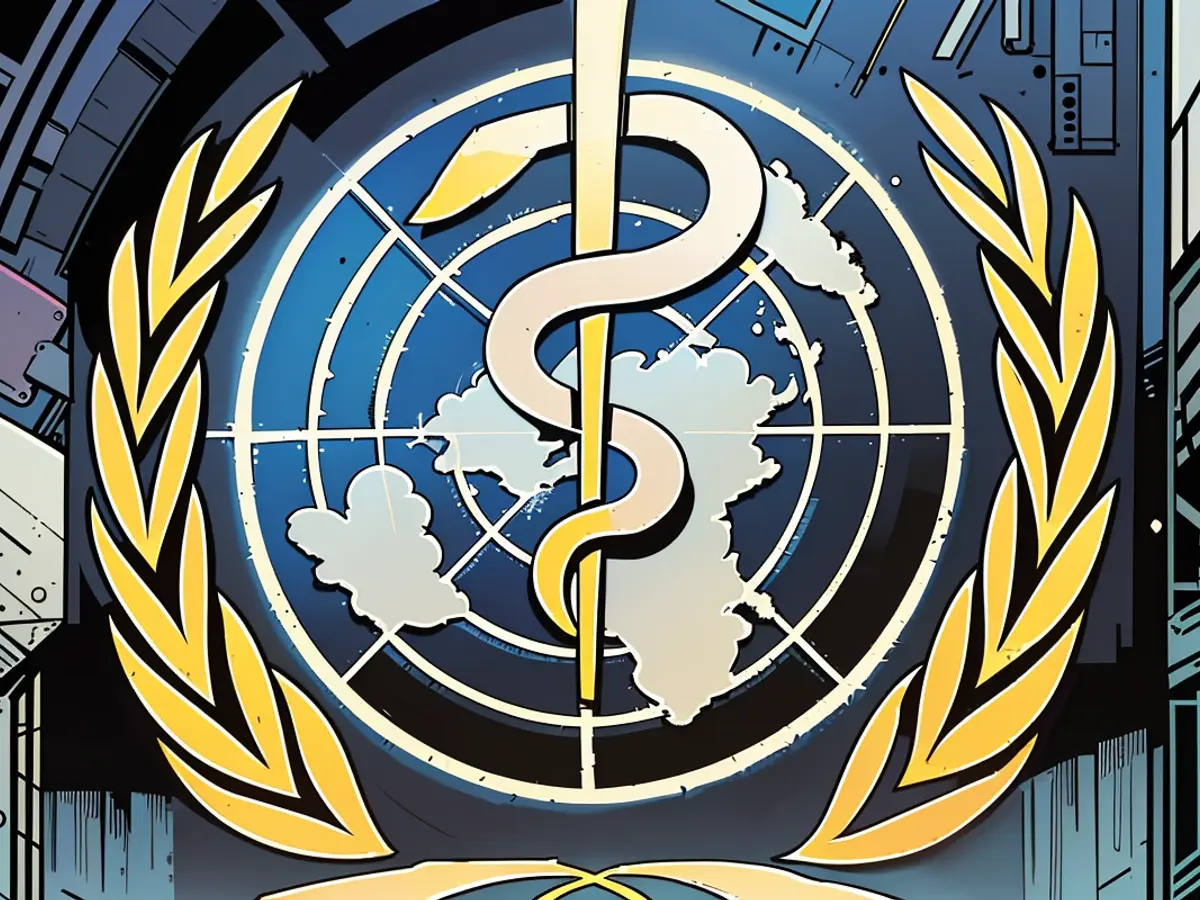WHO emergency committee meets in Geneva
In light of a concerning variant of the hazardous viral disease Mpox in Africa, an emergency committee of the World Health Organization (WHO) is convening in Geneva. Independent experts are advising on whether there is a risk of wider spread and if the WHO should declare a "public health emergency of international concern" (PHEIC).
This is the highest alert level of the WHO. It does not trigger specific measures but serves as a prompt for authorities worldwide to prepare for potential outbreaks. Each country decides on its own measures. The European health agency ECDC assessed the risk of spread of the new variant in Europe as "very low" at the end of July.
The African health agency CDC has already declared the outbreak in the Democratic Republic of the Congo and neighboring countries a health emergency for the continent. This could provide more resources to support countries in containment efforts, according to the African CDC.
The disease was formerly known as monkeypox because it was first identified in monkeys. The WHO changed the name as it generally does not name diseases after animals, regions, or countries.
Since late 2023, numerous cases of a new sublineage of the Mpox virus (clade I) have been discovered in the east of the Democratic Republic of the Congo. It may spread more easily and cause more severe illness, though studies are still pending. Mpox is characterized by a skin rash and usually fever, which can be life-threatening for young children.
From Congo, Mpox has spread to countries that previously had no cases: Burundi, Rwanda, Kenya, and Uganda. There is a risk that the disease could reach distant countries, said WHO Mpox expert Rosamund Lewis.
The committee is meeting virtually until 5 PM. Whether a decision will be published shortly thereafter has not yet been decided.
From July 2022 to May 2023, there was already an Mpox emergency declared by the WHO. At that time, cases of the less dangerous clade II were in dozens of countries, including Germany. Through education about protective measures and vaccinations, outbreaks were quickly brought under control in most countries.
The WHO is currently evaluating if the new variant of Mpox poses a risk of wider spreading beyond Africa, as stated by the WHO's emergency committee. If the WHO were to declare a PHEIC, it would be crucial for the WHO to determine who should receive additional resources to assist in containment efforts.








